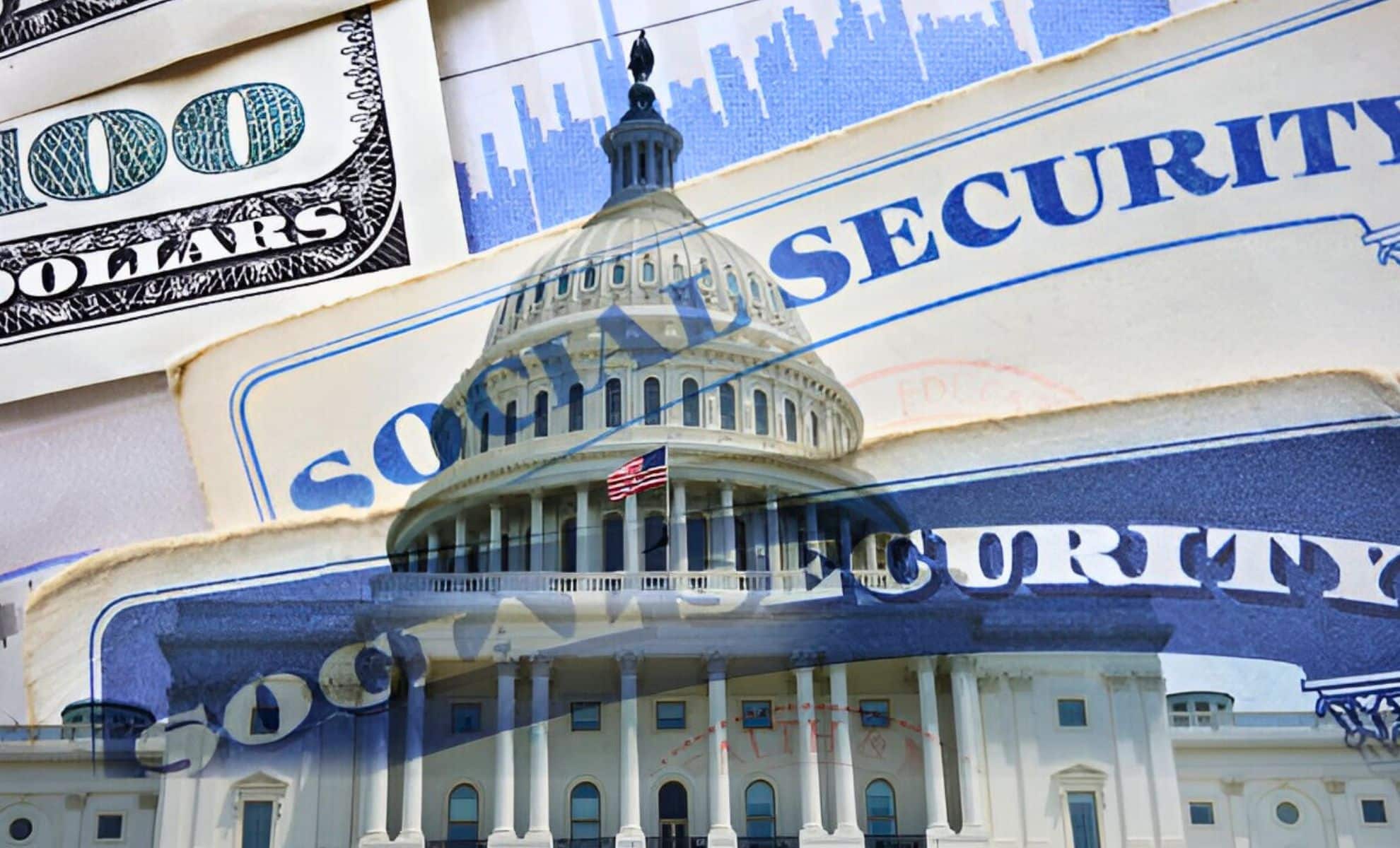BREAKING: Senate Passes Huge Social Security Boost — Public Service Retirees Set for Life-Changing Benefits
In a landmark decision, the Senate passed the bipartisan Social Security Fairness Act early Saturday, addressing long-standing reductions in Social Security benefits for nearly 3 million public sector workers. This legislation, now awaiting President Joe Biden’s signature, marks a significant victory for retired teachers, firefighters, police officers, and other public service employees who have faced decades of financial inequities.

Eliminating Unfair Provisions
The Social Security Fairness Act repeals two contentious rules:
- Windfall Elimination Provision (WEP):
- This rule reduced Social Security benefits for individuals receiving pensions from jobs where Social Security taxes were not withheld.
- Enacted in 1983, the WEP aimed to prevent overcompensation but often penalized public sector retirees.
- Government Pension Offset (GPO):
- Introduced in 1977, the GPO reduced spousal and survivor benefits for those receiving pensions from government jobs.
- This provision disproportionately impacted widows and spouses, reducing their financial stability.
By eliminating these rules, the Act ensures that public sector retirees can access their full Social Security benefits, recognizing their service and contributions.
Bipartisan Support Amid Challenges
The bill passed with overwhelming bipartisan support, securing a 76-20 vote in the Senate. Senate Majority Leader Chuck Schumer (D-N.Y.) celebrated the victory, stating, “No longer will public retirees see their hard-earned Social Security benefits robbed from them.” However, the legislation’s passage wasn’t without challenges. Opponents raised concerns about its impact on the Social Security Trust Funds, which are already under financial strain. The Congressional Budget Office estimates that the Act will add $195 billion to federal deficits over the next decade, potentially accelerating the program’s insolvency by about six months. Sen. Thom Tillis (R-N.C.), who opposed the bill, warned, “We caved to the pressure of the moment instead of doing this on a sustainable basis.”
Future Implications and Next Steps
While the Act brings immediate relief to millions of retirees, it raises questions about the long-term viability of Social Security. The Trust Funds are projected to face shortfalls beginning in 2035, and increased payouts under the new law may further exacerbate the problem. Republican supporters like Sen. Susan Collins (R-Maine) emphasized the need for future reforms, stating, “They have earned these benefits. This is an unfair, inequitable penalty.” Efforts to strengthen Social Security’s financial footing are expected to continue, including controversial proposals like raising the retirement age.

The Social Security Administration, already at its lowest staffing level in 50 years, will face additional challenges in implementing these changes. Despite this, the Act represents a significant step toward rectifying decades-old disparities in the system. As President Biden prepares to sign the bill into law, advocates see this as a long-overdue acknowledgment of public service workers’ contributions. While questions about Social Security’s future remain, the Social Security Fairness Act offers hope and justice to millions of retirees who have waited decades for this moment.


Comments are closed, but trackbacks and pingbacks are open.